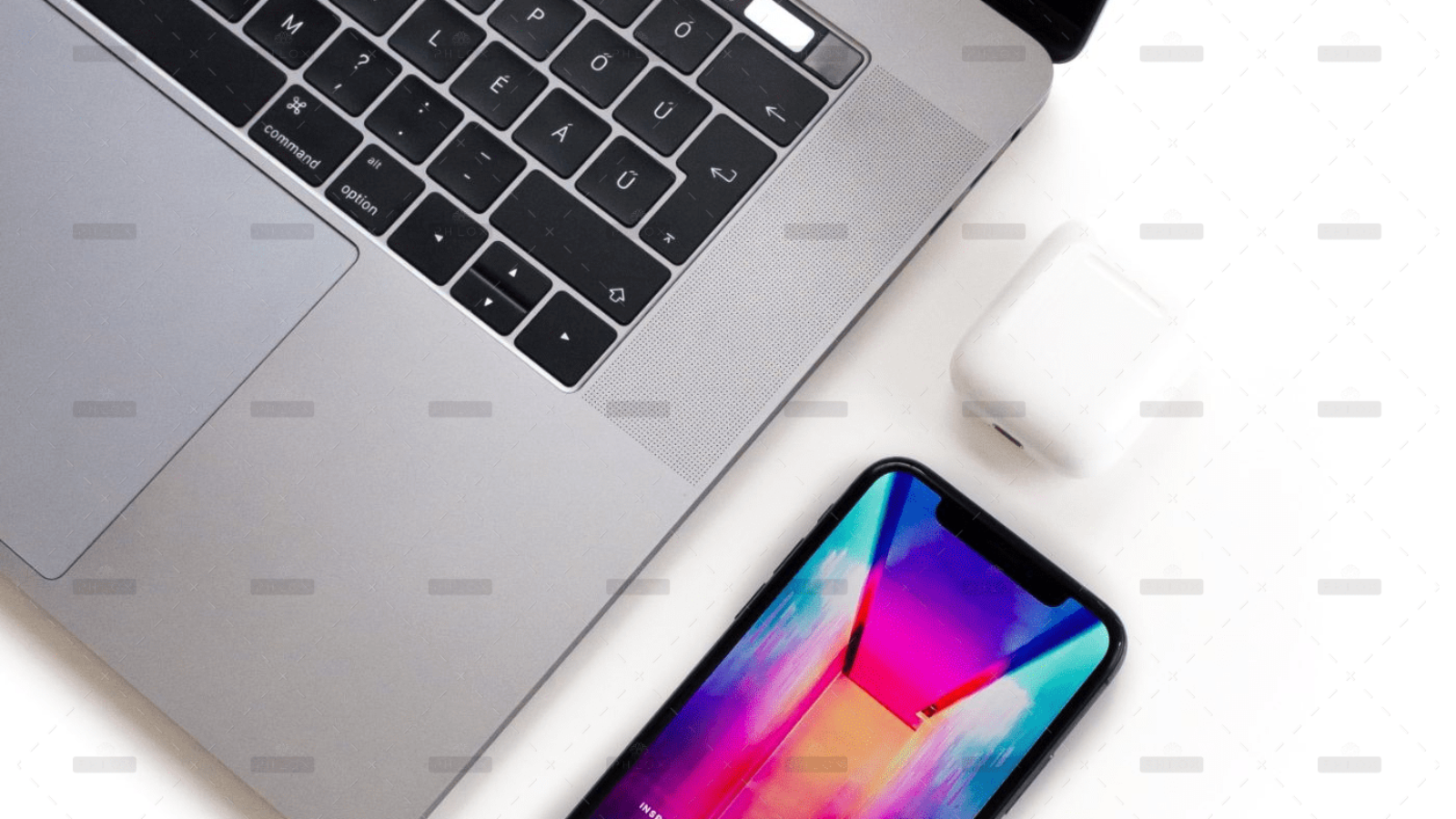Does AC Keep Your Laptop Cool? A common belief is that having an air conditioner running in a room is enough to keep a laptop cool. While AC can help by cooling the room, it’s not a foolproof solution for preventing your laptop from overheating. Fact is that yes AC cools the room, but not the inside of your laptop, so it’s important to take additional steps to protect your laptop from heat.
How Air Conditioning Affects Laptop Cooling
Laptops generate heat, especially during heavy tasks like gaming or streaming. The cooler air from your AC can help by lowering the room temperature, which in turn makes it easier for your laptop to manage its internal heat. However, relying solely on AC isn’t enough. You need to ensure proper airflow and consider using other cooling methods like a laptop cooling pad. Position your laptop in a spot where the AC’s cool air can circulate around it, but avoid placing it too close to the vent to prevent moisture buildup.
Practical Tips for Using AC to Keep Your Laptop Cool
To maximize the benefits of your AC, place your laptop away from direct sunlight and heat sources. Adjust your AC settings to a comfortable temperature, around 22°C to 24°C (72°F to 75°F), and use the fan mode to keep the air circulating. Combining the AC with a cooling pad or elevating your laptop slightly can further help in keeping your laptop cool during heavy use.
Signs Your Laptop Might Be Overheating
Overheating can cause your laptop to slow down, make the fan louder, or even shut down unexpectedly. If your laptop feels hot to the touch, especially near the vents, it’s a clear sign of overheating. Regular cleaning to remove dust buildup can improve airflow and help prevent these issues.
Steps to Prevent Overheating with AC
Regularly clean your laptop to keep the cooling vents clear. Optimize your laptop’s power settings to reduce the workload on the processor. Using a cooling pad in combination with AC can provide direct cooling to the laptop. Finally, monitor your laptop’s temperature with software tools to catch any overheating early.
AC Alone Can’t Solve All Laptop Overheating Issues
Some believe that as long as the air conditioner is running, they don’t need to worry about their laptop overheating. But relying solely on AC isn’t enough to fully protect your laptop. While it does help by cooling the room, it’s crucial to take additional measures to ensure your laptop stays cool and functions well.
Conclusion
Relying solely on an air conditioner to keep your laptop cool isn’t enough. While AC helps by cooling the room, it doesn’t address all overheating issues. To keep your laptop at a safe temperature, you need more than just cool room air. Position your laptop where the cool air can circulate around it, avoid placing it near heat sources, and consider using a cooling pad for extra help.
Pay attention to signs of overheating, such as loud fan noise, slow performance, or a laptop that’s hot to the touch. Regularly clean your laptop to prevent dust buildup and optimize its settings to reduce heat. Combining these steps with proper use of your AC will help keep your laptop running smoothly and extend its lifespan.
FAQs
Q 1: Can an air conditioner alone keep my laptop from overheating?
Answer: An air conditioner can help by lowering the room temperature, which makes it easier for your laptop to stay cool. However, it doesn’t directly cool your laptop. You should also use other methods, like a cooling pad and good laptop placement, to keep it from overheating.
Q 2: What are the best ways to improve laptop cooling with AC?
Answer: To improve cooling, position your laptop where the AC’s cool air can reach it but avoid direct drafts. Use a cooling pad to provide extra cooling directly to the laptop. Regularly clean dust from vents and ensure your AC is set to a comfortable, moderate temperature.
Q 3: How do I know if my laptop is getting too hot?
Answer: Signs of overheating include unusual fan noise, slow performance, sudden shutdowns, or a laptop that feels excessively warm. If you notice any of these, check your laptop’s temperature and ensure it’s getting enough cooling from your AC and other methods.
Q 4: What should I avoid to prevent my laptop from overheating?
Answer: Avoid placing your laptop in direct sunlight, near heat sources, or in a cramped space where air cannot circulate freely. Also, don’t rely solely on the AC; use additional cooling methods like a laptop stand or cooling pad to help manage heat.
Q 5: How can I enhance the effectiveness of my AC for cooling my laptop?
Answer: To get the most out of your AC, set it to a moderate temperature rather than full blast. Ensure that your laptop is in a spot where it can benefit from the cool air but isn’t directly in the airflow path. Combining these steps with a cooling pad will give you the best results in keeping your laptop cool.

 Cart is empty
Cart is empty 
Leave A Comment